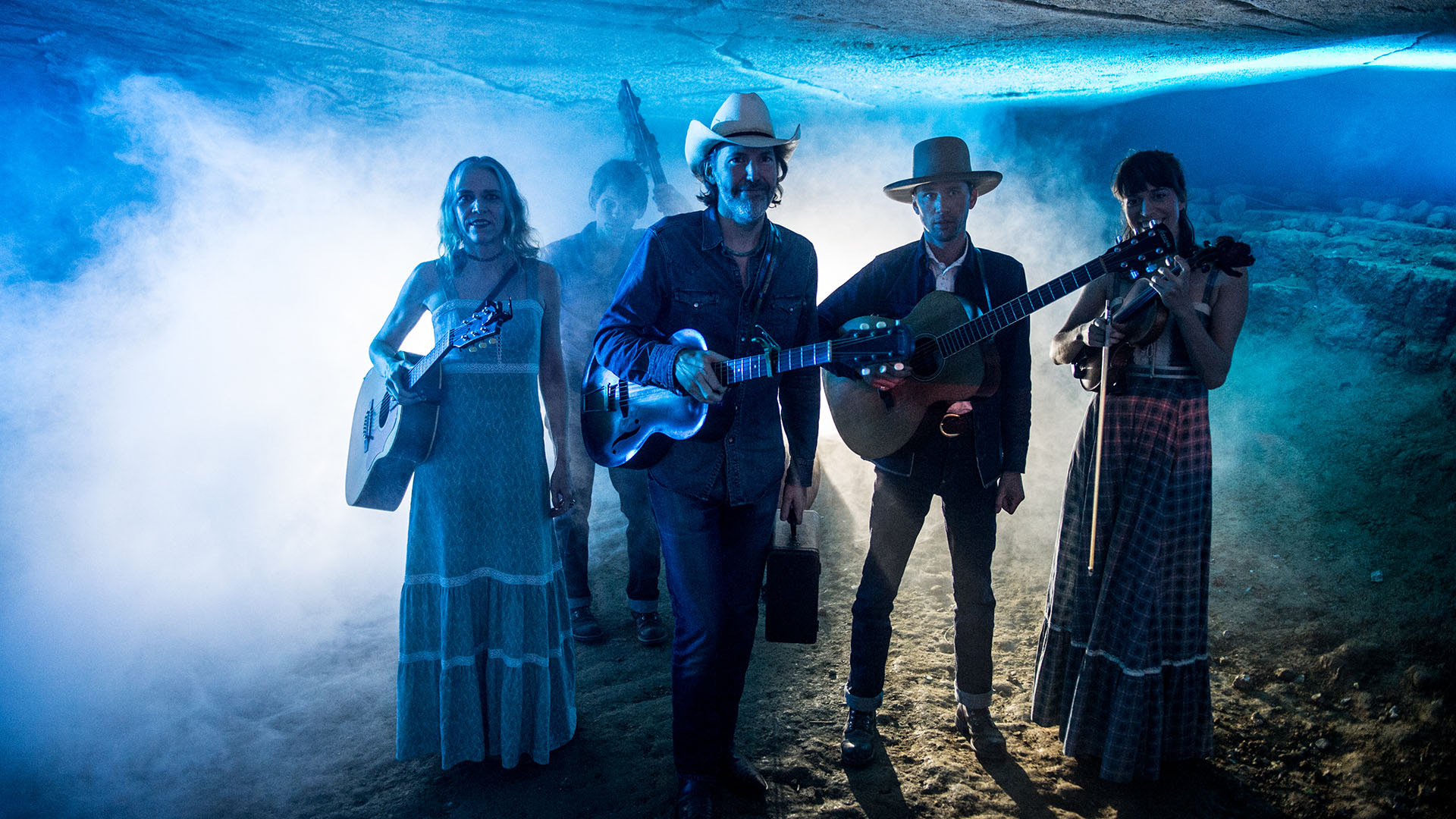

For NPR News, I'm Ann Thompson in Cincinnati. Jerry Springer died from pancreatic cancer at his home in suburban Chicago. THOMPSON: Springer got out of politics and later joined a local TV station starting a long career as a newscaster, commentator and even went undercover as an unhoused person to do a series of reports. And that's really what led to us being able to vote at 18. THOMPSON: Hamilton County Commissioner Alicia Reece, a longtime Springer friend, says at the start of his political career, he worked to help lower the age young people could vote in Ohio.ĪLICIA REECE: And he said, no, if we can go to war and serve our country, we can vote.


GALVIN: People would just approach him with smiles on their faces, and he was kind to everybody and would, you know, shoot selfies, have a conversation. Jene Galvin says as a politician, he had an enviable approachability.

He would run again and win and even served one term as Cincinnati's mayor. He was on Cincinnati City Council from 1971 until he famously resigned in 1974 after being caught writing checks for sex. He ran unsuccessfully for Congress in 1970. Springer went on to become an attorney early in life and got his start in politics before jumping to television. His parents were German Jews who fled to England, and they arrived in the United States when their son was five. THOMPSON: Gerald Norman Springer was born in London on February 13, 1944. However, it's a legacy that must be shared.ĭAVID BIANCULLI, BYLINE: If you're going to blame Jerry Springer for lowering the bar in terms of television and discourse and civility, you have to also blame the audience that had an appetite for that sort of misbehavior. But Bianculli says his television show was nothing but detrimental. TV critic David Bianculli interviewed Springer many times and says he was very polite and civil. THOMPSON: But the television show was the way people remembered him most. If you knew him from politics, then you know him in an altogether different way or an additional way. GALVIN: Whether anybody likes it or not, his legacy is they knew him from the TV show. THOMPSON: Lifelong friend and family spokesperson, Jene Galvin. JENE GALVIN: I think his legacy is a lot of things, and it almost depends on how you knew him. He says there aren't enough excuses in a bottle of Jack Daniels for hooking up with his wife's mother. JERRY SPRINGER: My guests today say they wish they could turn back the hands of time. Ann Thompson of member station WVXU reports.ĪNN THOMPSON, BYLINE: For nearly three decades, Jerry Springer was the host of a talk show that was seen by millions. Fans tuned in for explorations of controversial topics and for his controversial guests, who often ended up throwing chairs and brawling. He was a news anchor and a politician, but Jerry Springer was perhaps best known for his namesake TV talk show.


 0 kommentar(er)
0 kommentar(er)
